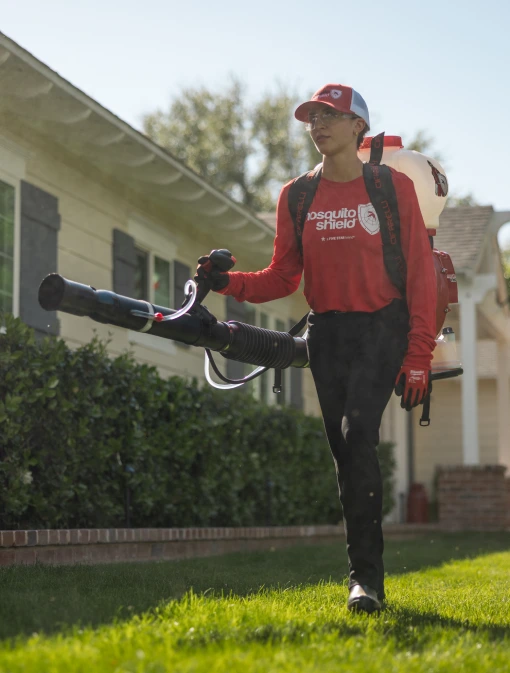Experience relaxation and peace in your Brookhaven backyard with our proven mosquito control solution. Trusted by families in Brookhaven, our innovative approach not only repels mosquitoes but also establishes a durable barrier customized to your outdoor environment. Mosquito Shield of North Atlanta is dedicated to creating mosquito-free zones, so you can enjoy your outdoor spaces without interruption.
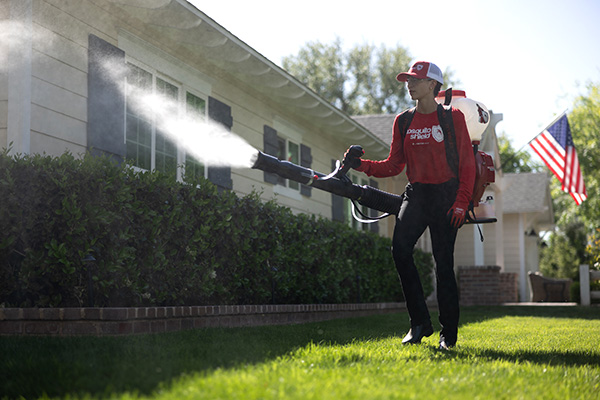
Effective mosquito control in Brookhaven, GA, that drives mosquitoes away and keeps them out of your yard.
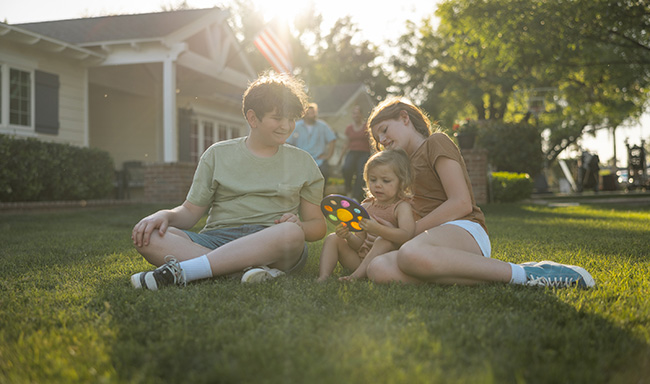
Enjoy mosquito-free outdoor time in Brookhaven with treatments designed to provide lasting results.
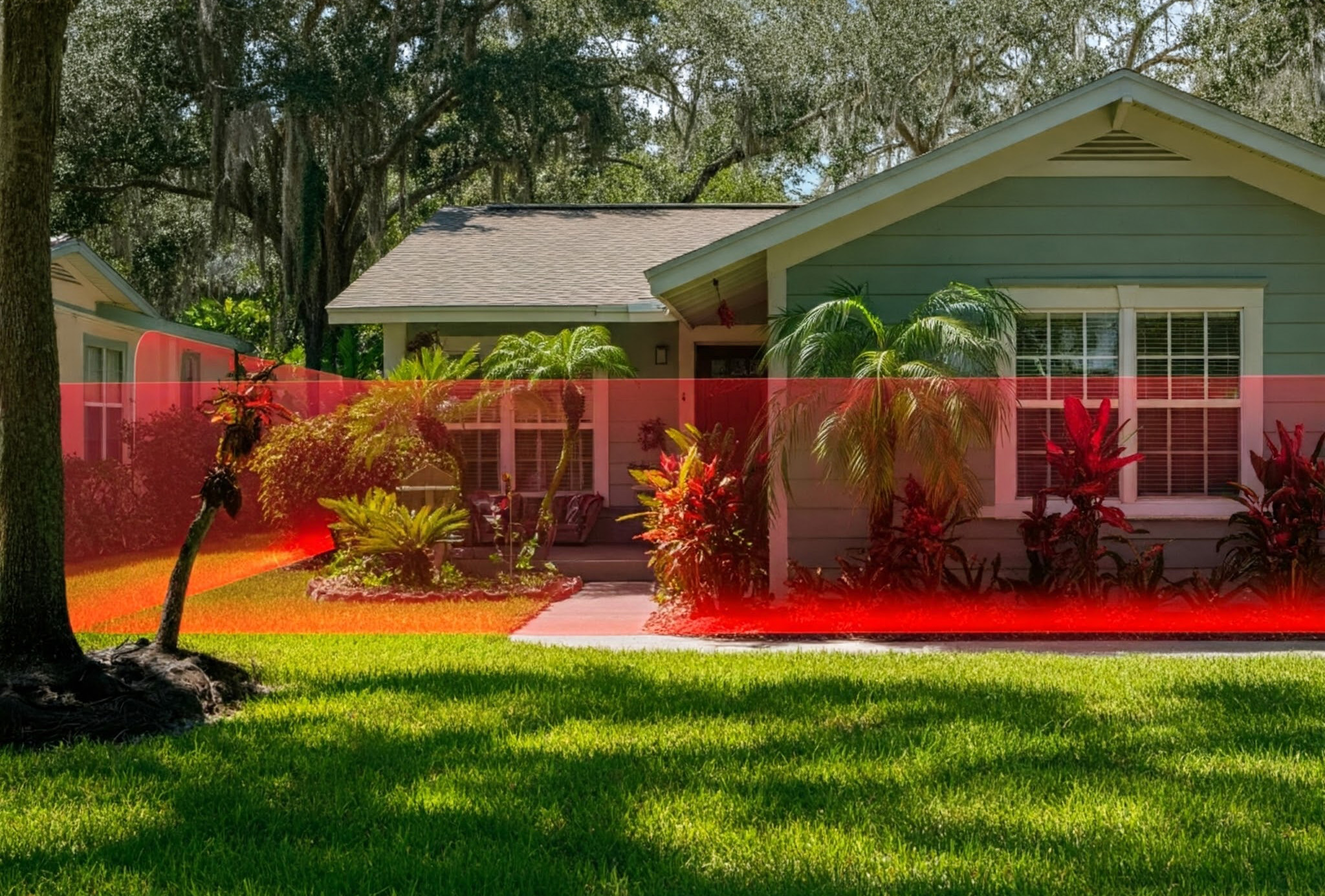
Highly rated mosquito control services in Brookhaven, trusted by residents to enhance outdoor living.
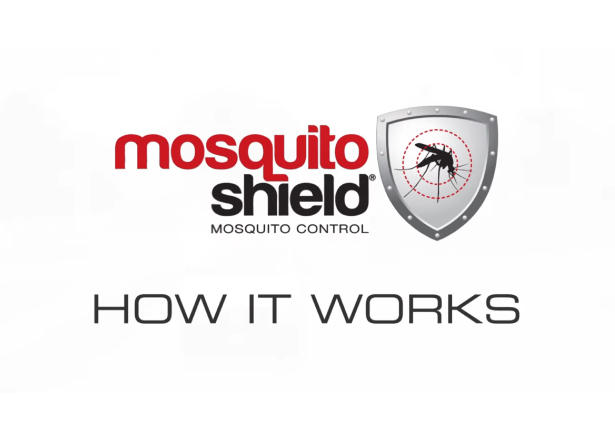
Brookhaven, Georgia, is a dynamic city in DeKalb County, known for its tree-lined neighborhoods, vibrant dining scene, and proximity to Atlanta’s top attractions. As one of the most desirable suburbs in the Atlanta metropolitan area, Brookhaven offers a mix of historic charm and modern living, with outdoor spaces such as Murphey Candler Park, Blackburn Park, and Brookhaven Park. However, the combination of wooded trails, creeks, and humid conditions creates ideal conditions for mosquito and tick activity, particularly during Georgia’s warm and rainy seasons.
Brookhaven’s blend of residential neighborhoods, urban green spaces, and thriving commercial districts provides an environment where mosquito populations can thrive.
Health concerns in Brookhaven include mosquito-borne illnesses such as West Nile Virus and Zika Virus, as well as tick-borne diseases like Lyme disease and Rocky Mountain Spotted Fever. These risks highlight the importance of proactive pest management to ensure the safety and enjoyment of Brookhaven’s outdoor spaces.
To address these challenges, Brookhaven has adopted measures such as:
As a trusted mosquito control company, we work closely with Brookhaven residents to reduce mosquito activity through proven treatments and expert guidance. Regular professional mosquito treatments, paired with community-led efforts, are essential to preserving Brookhaven’s livability and ensuring it remains a safe and enjoyable place to live, work, and explore.

The weather in Brookhaven, Georgia, plays a major role in seasonal mosquito and tick activity. Warm, humid summers create ideal breeding conditions for mosquitoes, particularly following rainstorms that leave standing water in low-lying areas. Ticks are most active during spring and fall, thriving in moderate temperatures and densely wooded spaces. While Brookhaven experiences milder winters, occasional warm spells can prolong mosquito activity, making year-round pest management essential.

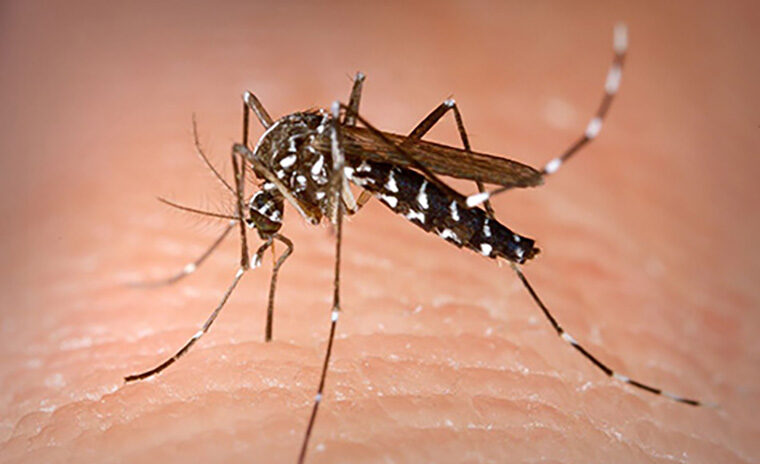
Identification: Small, black mosquito with white leg stripes and a lyre-shaped pattern on its thorax.
Habitat: Thrives in urban and suburban areas of North Atlanta especially in neighborhoods with standing water in planters, birdbaths, or clogged gutters.
Behavior: Aggressive daytime biter; prefers feeding on humans.
Health Risks: Capable of transmitting Zika virus, dengue fever, and chikungunya.
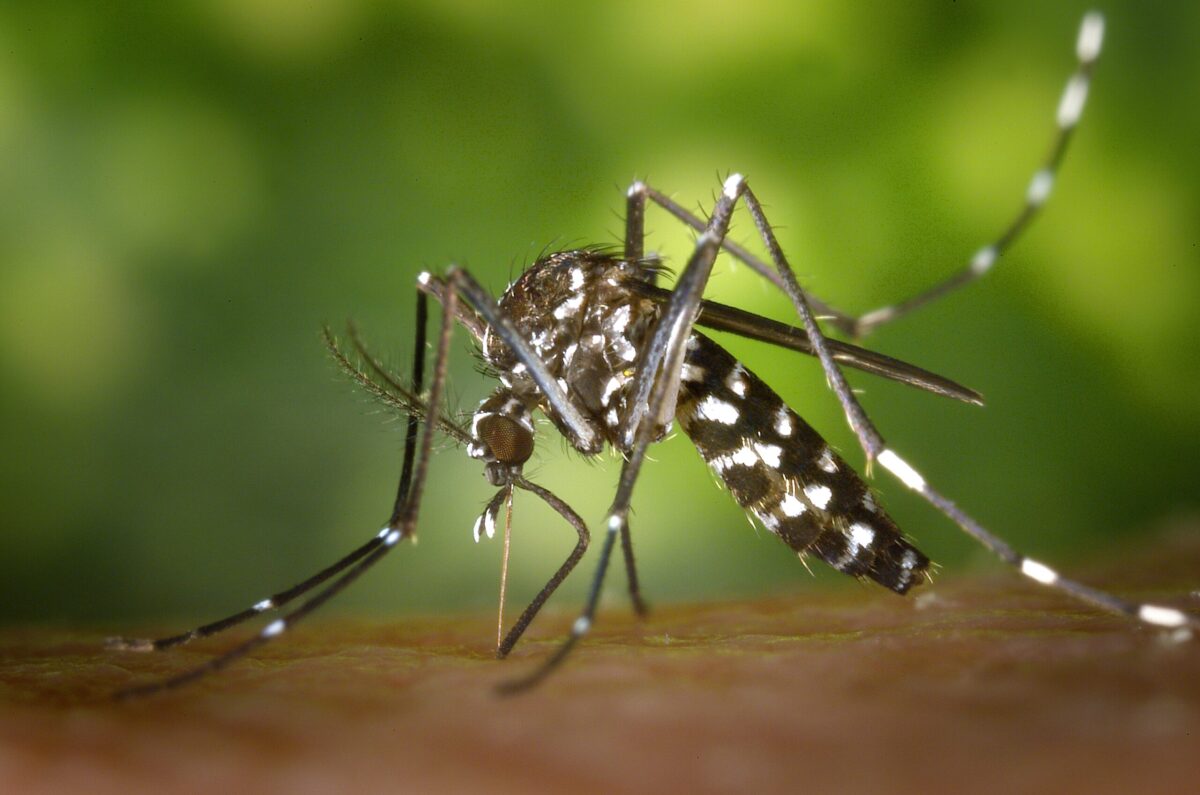
Identification: Black with a distinct white stripe down the back and banded legs.
Habitat: Common in shaded backyards, near creeks, or wooded edges of local parks like Chastain Park or along the Chattahoochee River trails.
Behavior: Bites during the day, especially around the ankles and legs.
Health Risks: Known carrier of West Nile virus, dengue, and Zika.
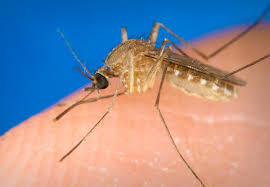
Identification: Light brown mosquito with darker stripes across the abdomen.
Habitat: Found in stagnant water sources—storm drains, neglected fountains, or low-lying yard areas after heavy rain.
Behavior: Active from dusk through night; often enters homes in North Atlanta’s denser residential pockets.
Health Risks: Primary vector of West Nile virus in the region.
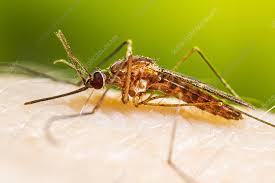
Identification: Medium-sized mosquito with four dark spots on each wing; rests at a 45° angle.
Habitat: Prefers clean, slow-moving water like retention ponds or calm tributaries around Peachtree Creek.
Behavior: Active around dawn and dusk.
Health Risks: Once a malaria vector; still responsible for itchy, persistent bites in semi-rural zones.
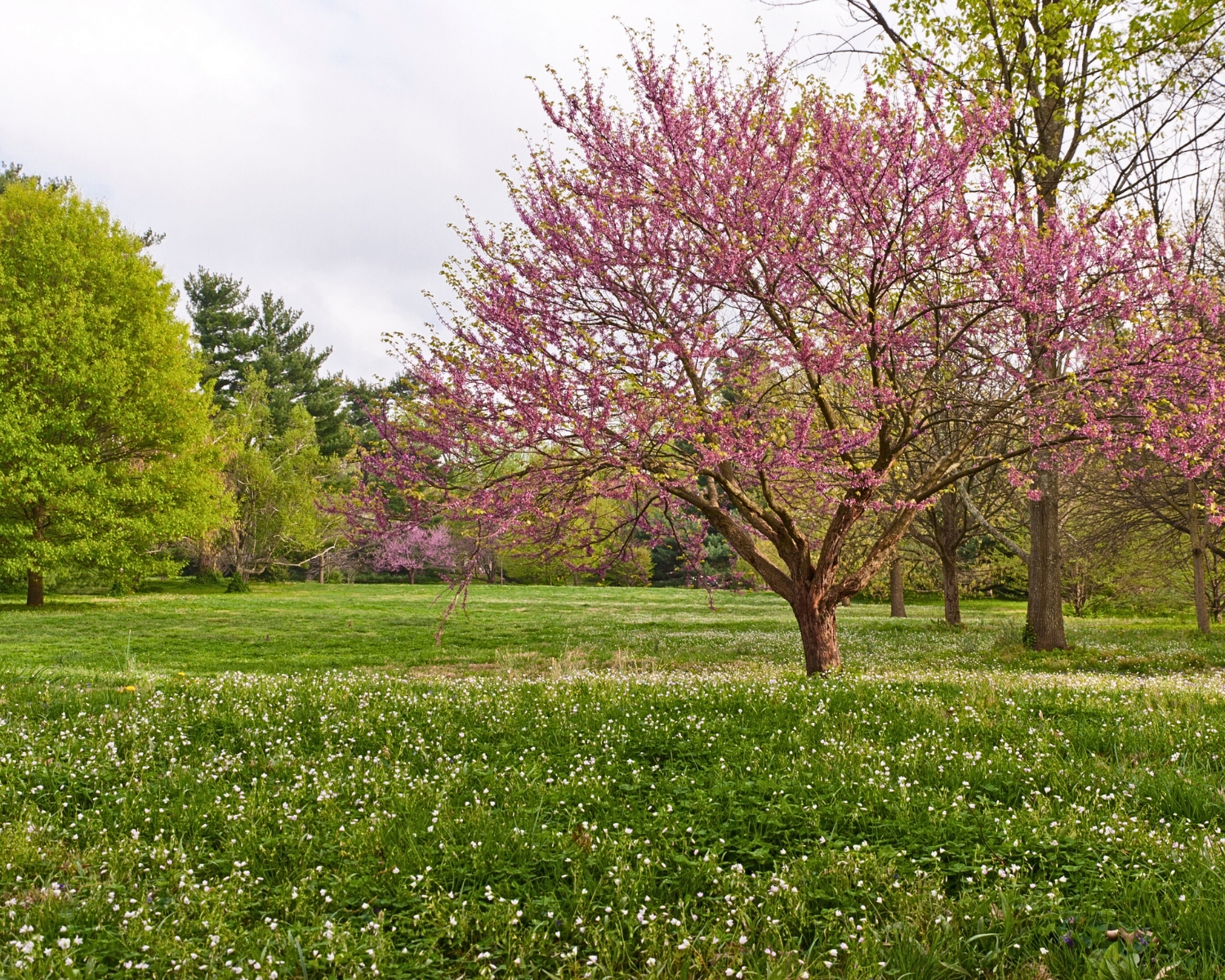
Key Activity: Mosquito season kicks off with spring rain and rising temps.
Breeding: Pollen-clogged gutters, overwatered lawns, and yard waste bins trap standing water.
Common Species Active: Aedes aegypti and Culex quinquefasciatus begin emerging.
Behavior: Biting starts in early mornings and evenings, particularly near shaded patios and greenbelt trails.

Key Activity: Peak mosquito season—hot, muggy conditions dominate.
Breeding: Standing water builds up fast around AC drip lines, pool covers, or kids' toys left outside.
Common Species Active: Aedes albopictus, Aedes aegypti, and Culex quinquefasciatus are all highly active.
Behavior: Expect all-day biting in areas like Brookhaven, Sandy Springs, and along the I-285 corridor.
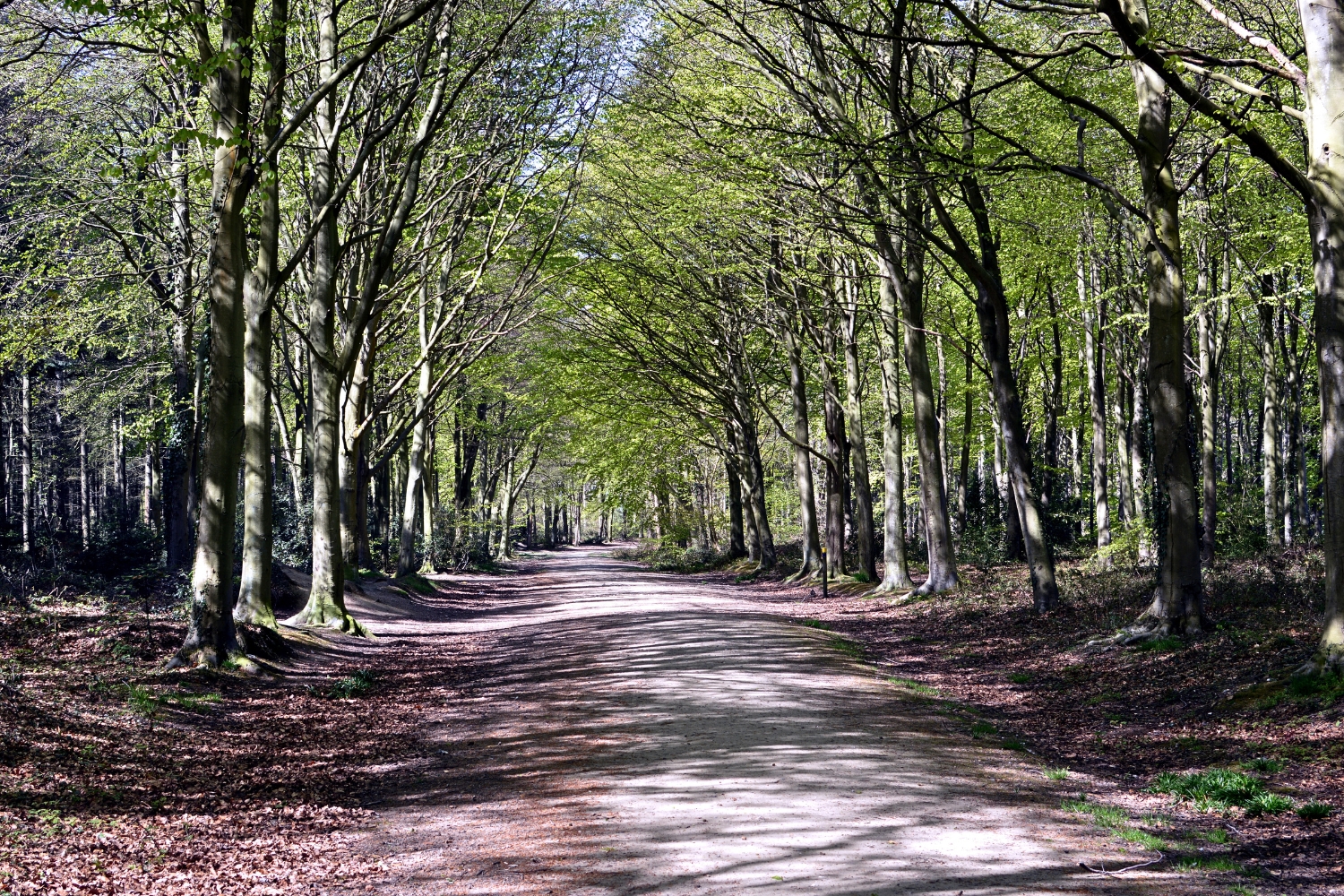
Key Activity: Mosquito activity declines but doesn’t disappear until first cold snap.
Breeding: Rain and falling leaves keep gutters and low points damp.
Common Species Active: Culex and Aedes species still linger.
Behavior: Warm fall afternoons can still bring biting pressure in wooded or shaded spots.
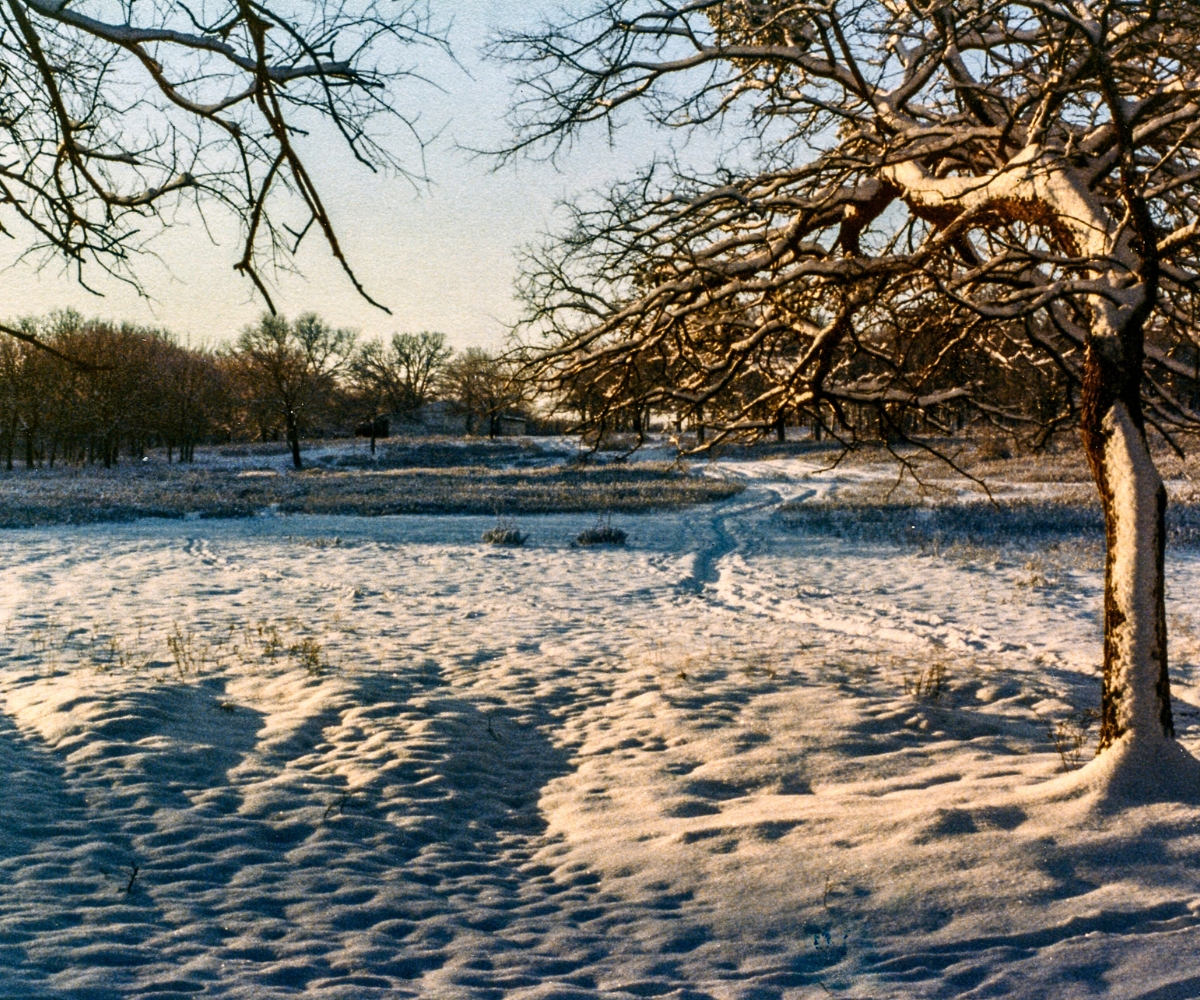
Key Activity: Cold slows mosquitoes, but activity doesn’t drop to zero.
Eggs: Aedes eggs survive dry spells and hatch come spring rains.
Adults: Culex adults may overwinter in sheds, basements, or crawlspaces.
Behavior: After a warm February rain, expect a brief mosquito resurgence.
